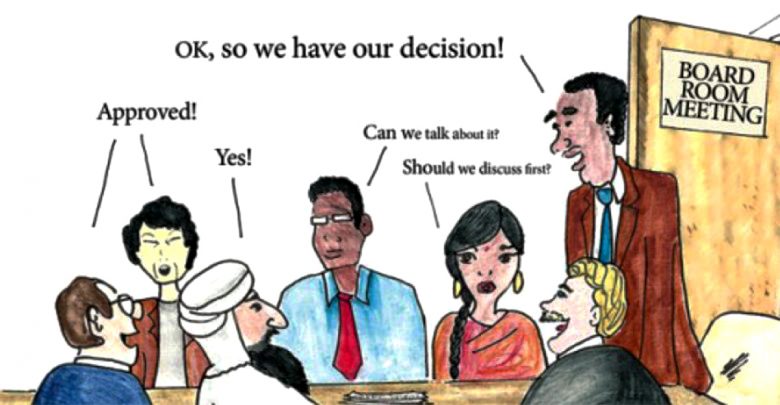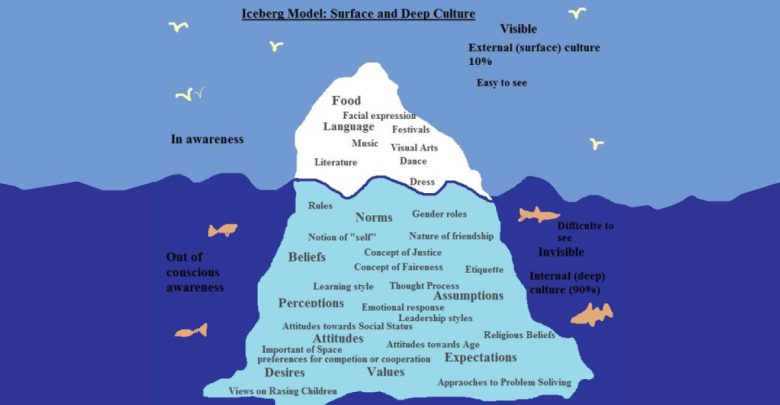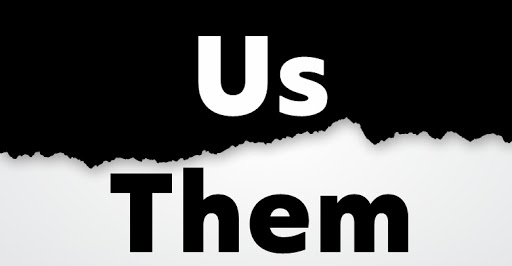Knowledge of theories and concepts of power relations
Knowledge of theories and concepts of power relations
-
Ever wonder why 2 people can have completely different reactions to the same thing? Or why some people just don’t seem to “see sense” in the same way you do, regardless of how obvious the problem/solution may be to you? The answer to this may lie in the fact that each person has been raised with and learned a certain…
Read More » -
Why did I choose this tool? This tool provides not only the theory behind the use of power in communication, transactional analysis, but also an actual transaction that we can analyze in order to understand the theory better. Therefore, it is useful for understanding the theory as well as being able to apply it. How does this apply to being…
Read More » -
Why did I choose this tool? The iceberg model, as well as the 10 cultural dimensions profile, are useful tools for reflecting on our own culture and automatic behaviors, and reflecting on that of others. How does this apply to being a trainer? The ability to see beyond the surface and to understand others more in depth is essential in…
Read More » -
Why did I choose this tool? While there is a lot of material about otherism, where it comes from, its political function, why is it historically relevant and what negative effects we see because of it, there is less directly addressing how we can fight otherism. And more importantly how we can do this not as governments, institutions or even…
Read More » -
Why did I choose this tool? I chose this tool not only because it breaks down the different dimensions of power, but also because it focuses on a kind of power that is often ignored and that I am fascinated by and have been studying and observing for a few years now. It is the third kind of power, the…
Read More »




